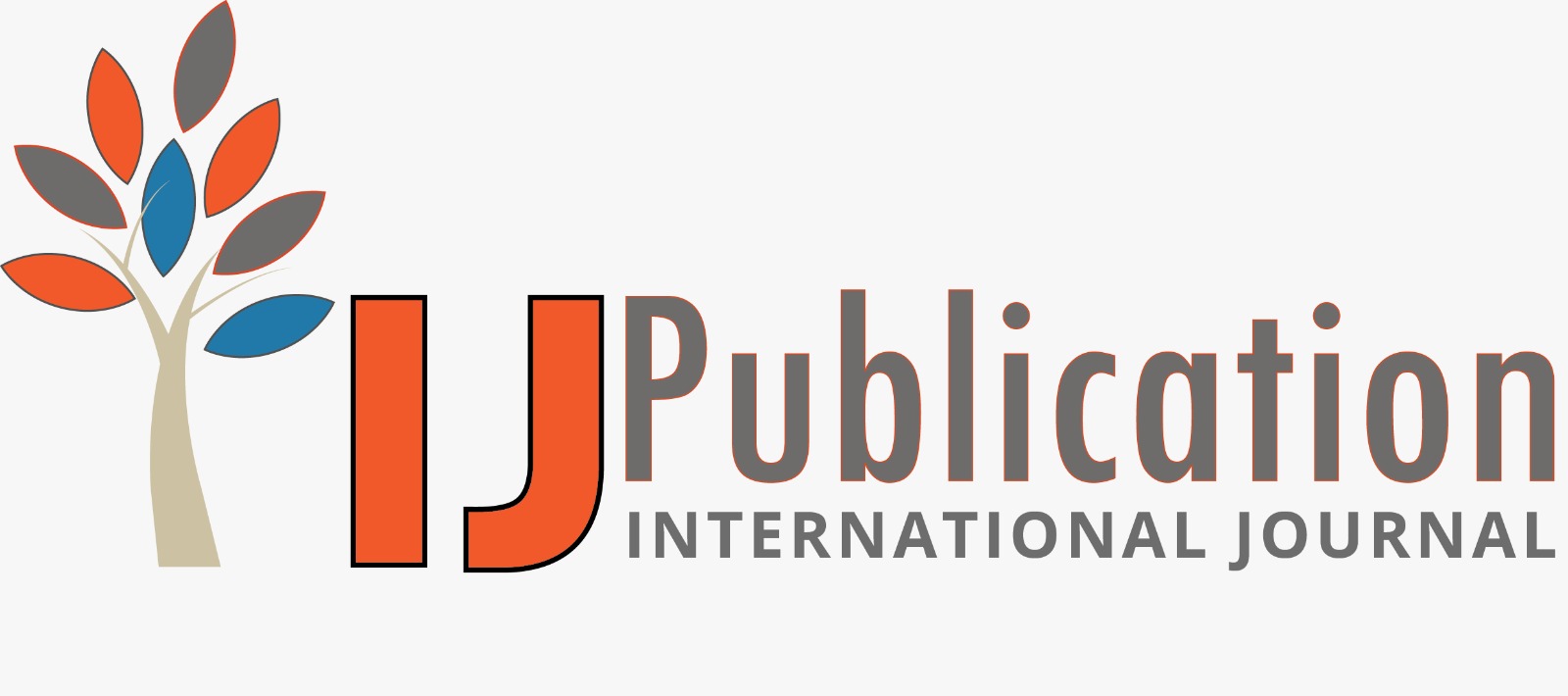Seema Parihar Reviewer
28 Jul 2025 04:04 PM
 Approved
Approved
Relevance and Originality
This research provides essential policy insight into the integration of ecoliteracy within higher education systems, aligning directly with national and global environmental mandates such as the SDGs. Its strength lies in identifying curriculum-level gaps and offering a comprehensive review of interdisciplinary frameworks that support the development of sustainable competencies in learners. The originality is reflected in the breadth of pedagogical models and institutional strategies explored, making this work especially valuable for ministries and agencies designing education reform for sustainability.
Methodology
The systematic review is guided by the PRISMA protocol, ensuring methodological integrity and policy relevance. The transparent filtering process and rigorous inclusion criteria offer confidence in the accuracy of the evidence synthesized. The choice to draw from recent, peer-reviewed sources reinforces applicability in current policy settings. While comprehensive, future adaptations could incorporate implementation data from pilot programs or institutional case studies to help translate findings into actionable guidelines at the national or regional level.
Validity & Reliability
The findings are consistently supported by a well-documented review of international studies, most of which adhere to strong research standards. The frameworks and conclusions are generalizable to a wide range of higher education systems, particularly those transitioning toward green curriculum models. However, the policy impact would be enhanced by disaggregating findings by type of institution or geographic context to identify where interventions are most urgently needed or likely to succeed.
Clarity and Structure
The report is well-organized and clearly communicates its objectives, methods, and findings. For policymakers, the structured format and straightforward language make it accessible and easy to extract actionable points. Key concepts such as institutional commitment, interdisciplinary education, and ecological competencies are well-defined and consistently applied. To further support policy drafting, an executive summary and a section highlighting model programs or curriculum examples would be beneficial in future iterations.
Result Analysis
The study offers practical insight into how ecoliteracy can be embedded through problem-based learning, community partnerships, and experiential instruction. The emphasis on system-level frameworks, combined with classroom-level strategies, provides a dual approach that is particularly useful for educational planning. Its recommendations are evidence-based and align with broader education-for-sustainability policy goals.








Seema Parihar Reviewer